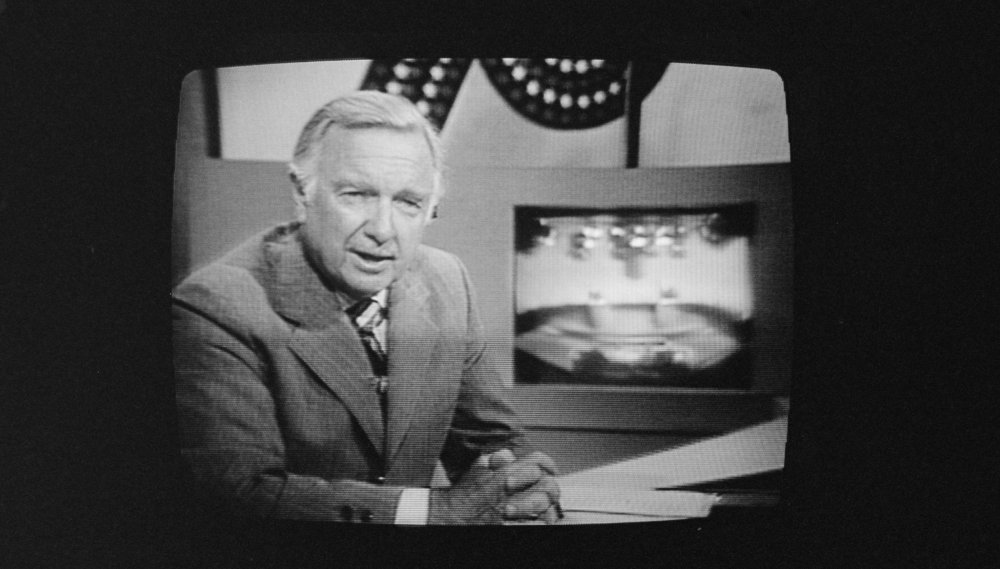“Did you see the Gallup poll?” Walter Cronkite asked me one day in the 1960s. “It says 85 percent of the American public gets all their news from one of the three TV network news program. This is terrible news; we’re going to have to make changes.” This was the era of the Vietnam war. TV news audiences were growing and we were bring the war into their living rooms. By the 1960s every American home had a TV set and many had two.
The “CBS Evening News with Walter Cronkite” reached nearly 30 million viewers every night when the US population was 200 million. That’s more than the audience for all three network news broadcasts today (14 percent), and now the US population is more than 320 million. Back in the peak, the combined CBS, NBC, and ABC nightly newscasts reached about 70 million viewers, more than 30 percent of the nation’s population.
Cronkite called his three writers together and said: “If 85 percent of the public is relying on us, this means writing tighter so we can get more news into the broadcast.” Cronkite was particularly well equipped for tighter writing. He was a wire service reporter during World War II for United Press International. Wire services require fast, short stories and that was the Cronkite specialty.
The CBS Evening News then contained 22 minutes of actual news. What we called Cronkite’s “magic number,” his time on the air, averaged 6 minutes of short news summaries, plus introductions to longer correspondent video reports.
“Here’s what we’re going to do. We average :15 to :20 second per story. Get those down to :10 to :15 seconds and for every three stories we can add a fourth.” It took three writers to became adept at writing tight. I was one of them and we winced at the challenge. Walter’s wire service writing was not eloquent but not only could he write fast, he knew the mantra he required of us: make every word count. He routinely took what we wrote and cut a word here and there yet managed not to lose information. That was our TV news art form.
TV network news has lost 50 percent of its audience since the 1980s, and the composition and infrastructure of video news has changed.
By 1981 when Cronkite announced his retirement, he had become the most trusted man in America, and 81 percent of the public had a favorable opinion of him. By 2009 when Cronkite’s successor Dan Rather retired, only 21 percent of viewers found him believable some or most of the time.
What happened?
TV had moved from a three-national-nightly-news-program universe in the 60s and 70s to hundreds of channels distributed by cable and satellite. Newton Minnow, then chairman of the Federal Communications Commission, called TV “a vast wasteland.” Later Bruce Springsteen called television “500 channels and nothing to watch.”
TV news had its youngest audiences during the decade of the Vietnam war. In the mid-60s five CBS News correspondents and seven news crews produced enough stories from Vietnam daily to dominate more than half the “CBS Evening News with Walter Cronkite.” The TV network news programs were accused of fueling the anti-war movement.
However, young people watched when they weren’t demonstrating, and TV news generally attracted older audiences. The average age of the audience for Walter Cronkite in the 1960s was in the 50s. Today’s network TV news audiences average 66-years-old and ageing every year. That loyal audience is literally dying.
One day in the 1980s when a bunch of us were sitting around doing what journalists do best, grousing about our employers, a colleague who had risen into the management ranks piped up and said: “You know the problem with you guys? You assume there will always be a CBS News.” He’s gone. And traditional network news may not be far behind.

I really think it made for better debate when there were fewer news sources.
Should news become a debate? I don’t think so. Should debates be considered news? Depends.
Can research and reporting be subjective? I wish not, but I think so.
If it bleeds it leads leaves nothing unreported now that society is so polarized. But is that news? The fault is not in the news, but in ourselves.
Help us. PBS. You’re our only hope.